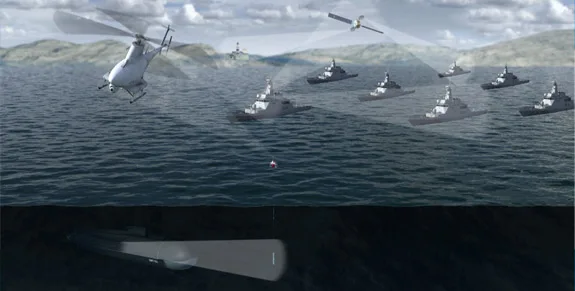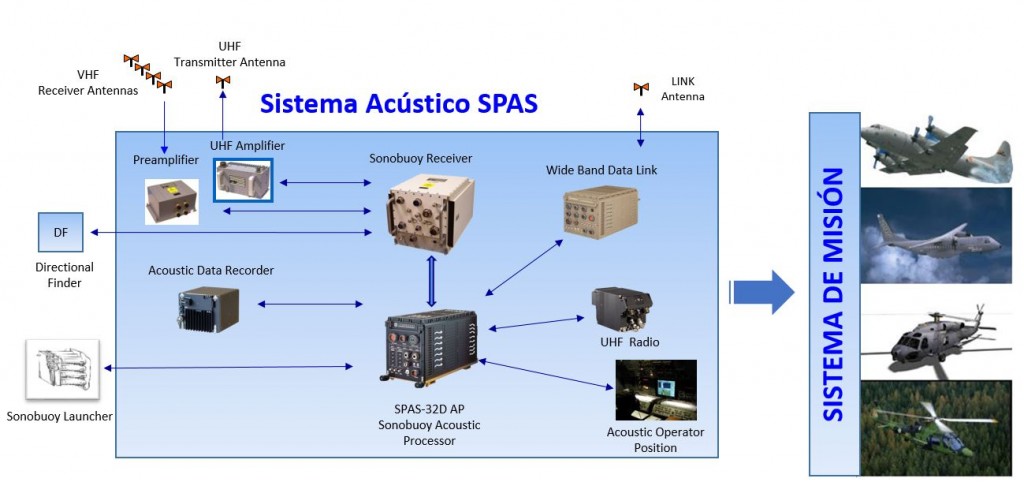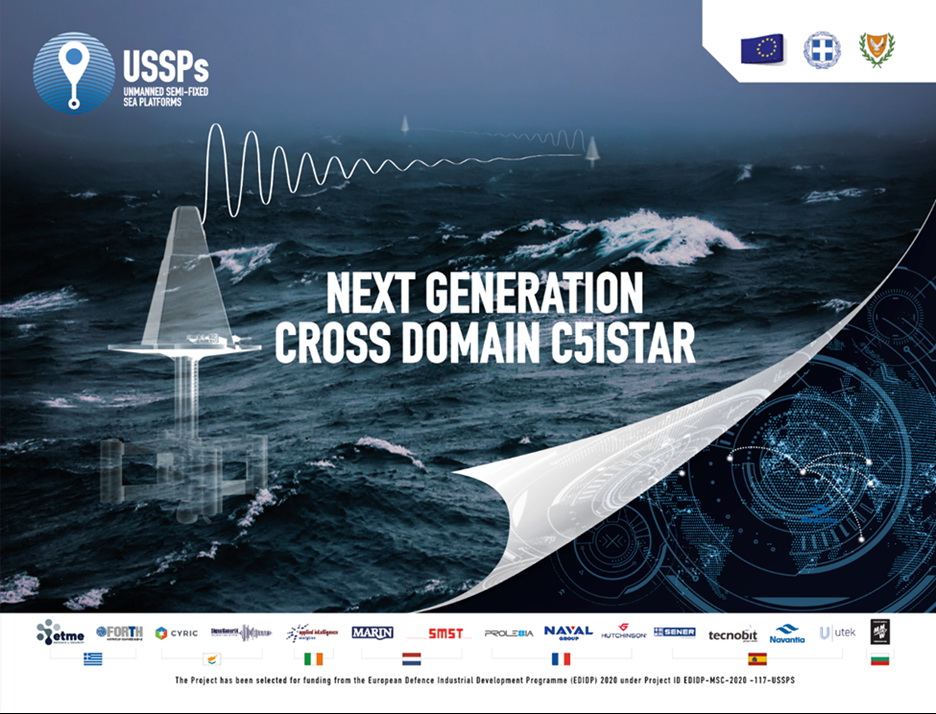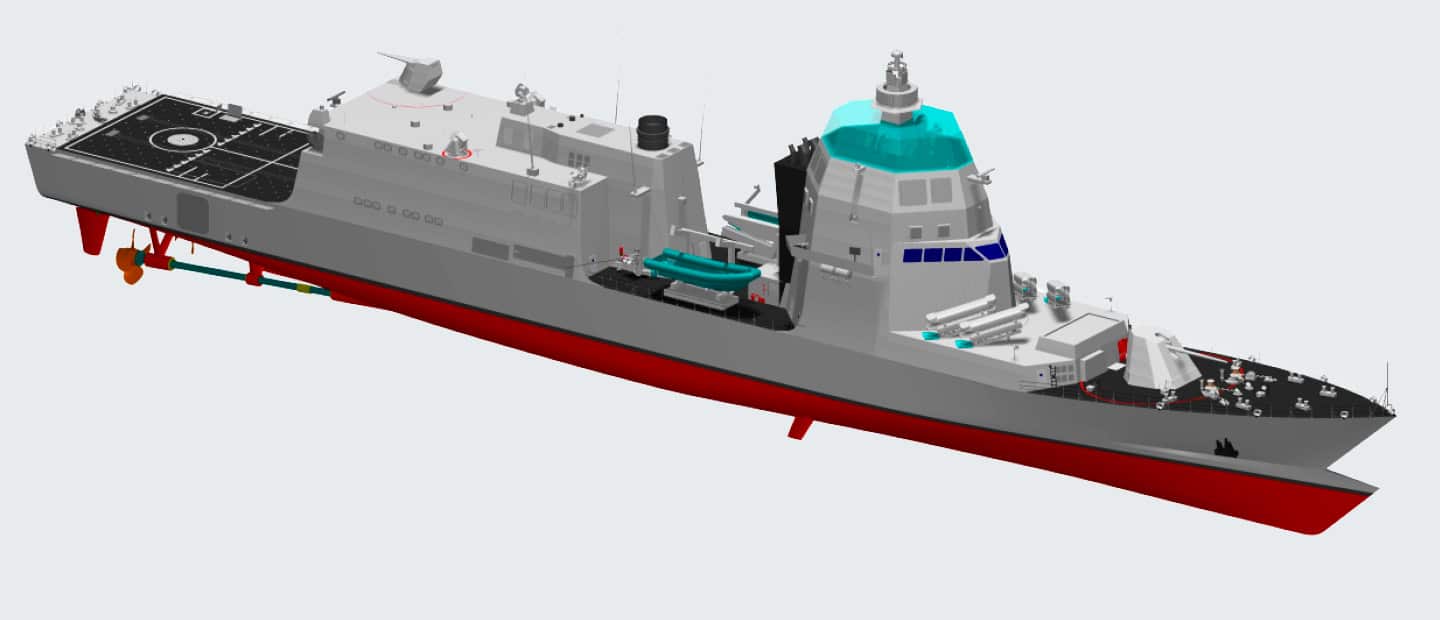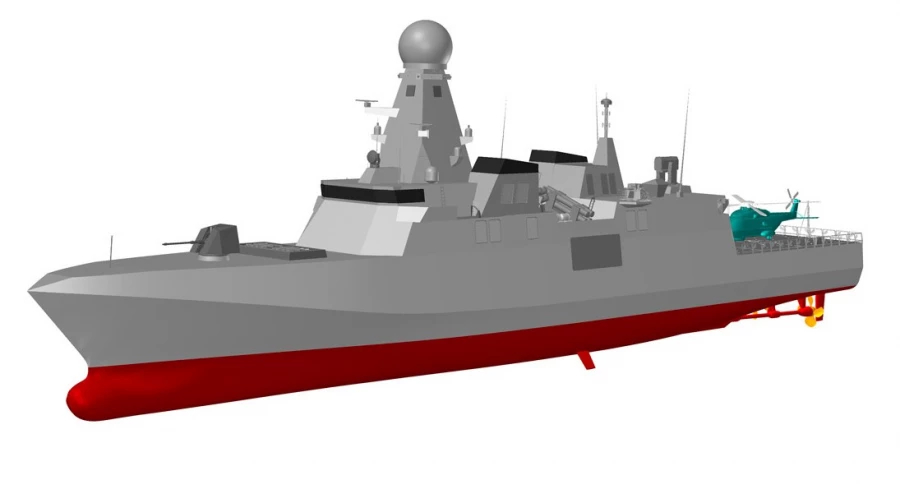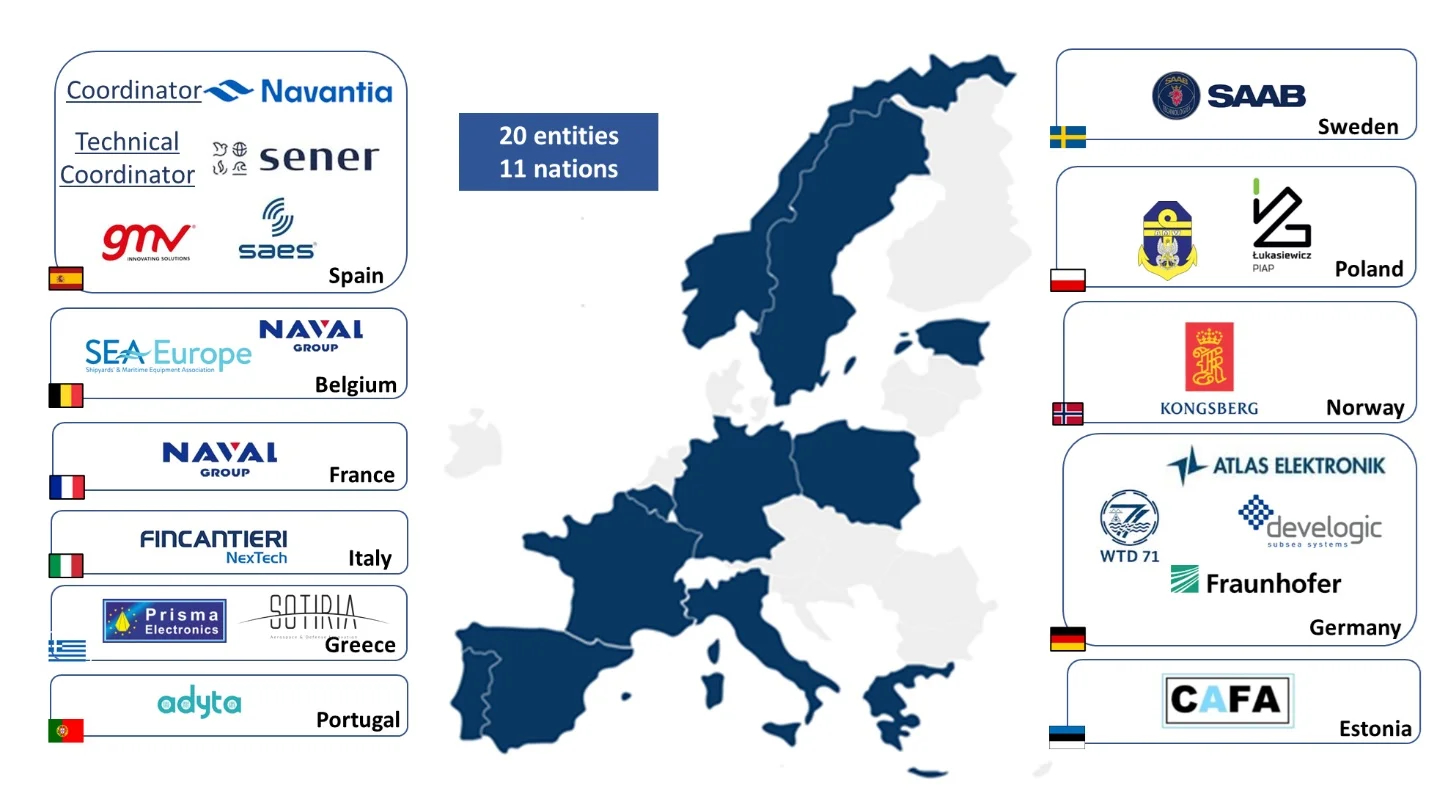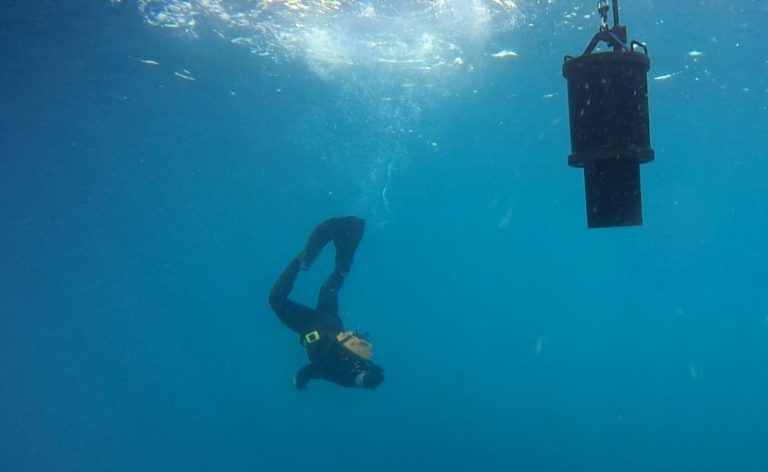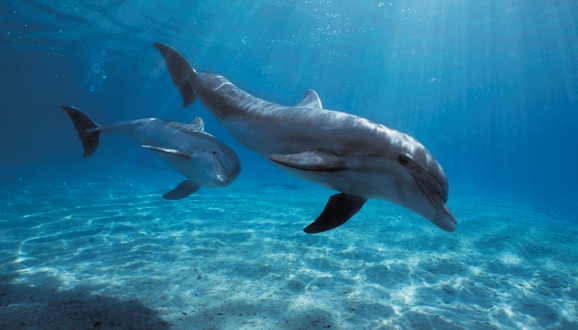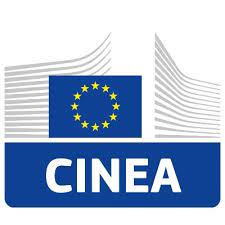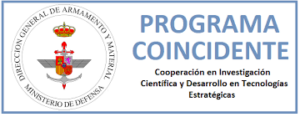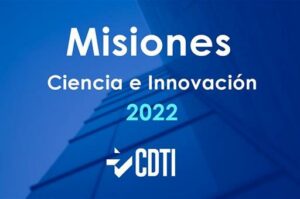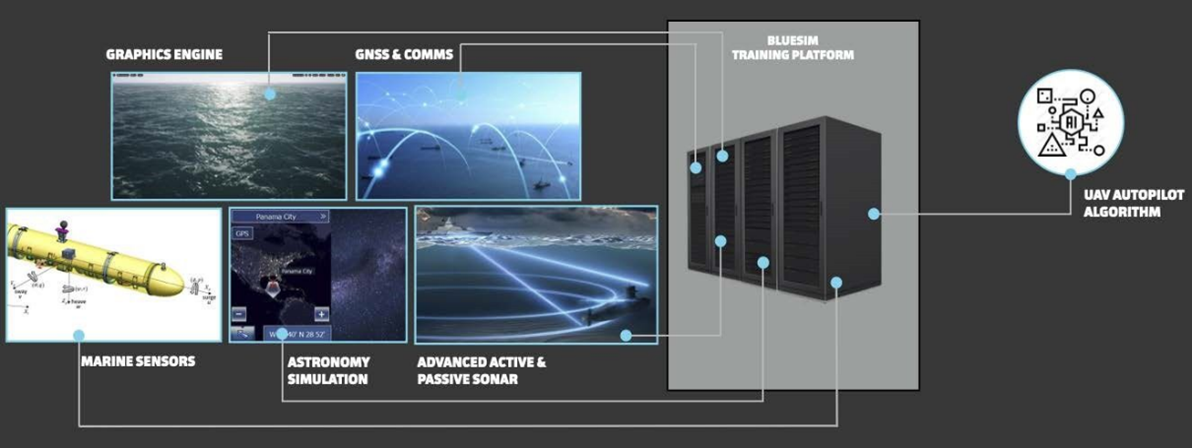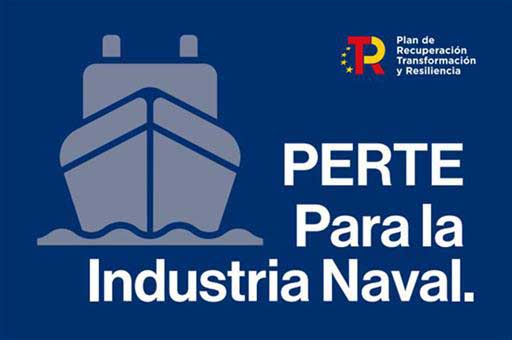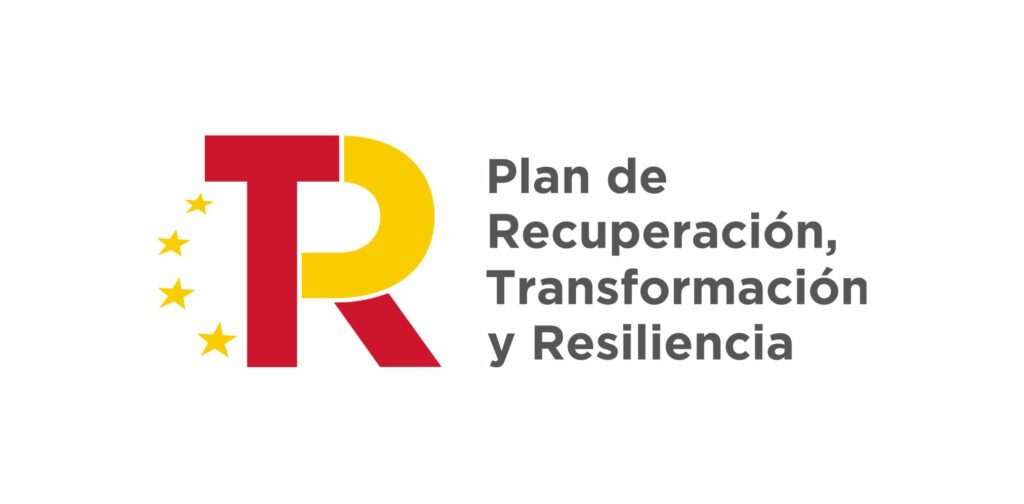SAES together with other four companies in the aeronautical sector has presented their ASW solutions in the exhibition “Aerospace & Defense Meetings Poland 2015” in Warsaw. This Spanish delegation have been coordinated by Extenda (Trade Promotion Agency of Andalusia, – a public company of the Government of Andalusia) and in collaboration with “Helice Foundation”.
The aviation industry in Poland has become one of the leading sectors of the country’s economy, representing an opportunity for companies in the sector that are able to offer innovative solutions for aircraft and unmanned aerial vehicles (UAVs).
SAES have meet with important local and international companies as ThyssenKrupp, Bohemia Interactive, Airbus Defense & Space and Aviation Valley in order to establish commercial collaborations.
ROASW (Remote Operation ASW System) and SPAS (Sonobuoy Processing Acoustic System) have been the center of the interest on the potential clients’ behalf since the easy integration capabilities and the functionalities that both systems can provide to the air platforms.
Remote Operation ASW (ROASW) System
ROASW system is a two system segment (Surface Segment ROASW-SS & Airborne Segment ROASW-AS) capable to operate an ASW/ASuW mission by means of controlling remotely from the ROASW-SS manned/unmanned air vehicle in order to receive via data relay (STANAG 7085 compliance) the acoustic and tactical information from sensors (passive, active and digital). Also, the ROASW-SS is capable to receive from the ROASW-AS non acoustic information like Radar and EO.
Additionally, ROASW system is able to collaborate in a Network Centric Warfare (NCW) giving the ability to make quick and agile centralized decision:
- Surface –To – Surface (S2S).
- Surface – To – Helo (S2H).
- Surface – To – Satellite (SATCOM).
ROASW system provides a unique, fully integrated ship/air weapon system, initially designed to enhance and extend the ship acoustic sensors. ROASW system also enhances the Anti Surface Warfare (ASuW) and specially the Anti Ship Surveillance and Targeting (ASST) mission extending ship’s horizon of Non-Acoustic Sensors (NAS).
The Swedish Royal Navy has equipped their Visby class corvettes and HKP-15 helicopters with the ROASW system.
SPAS – Sonobuoy Processin Acoustic System–
SPAS systems covers completely the new requirements of ASW missions. Sistema Procesador Acústico de Sonoboyas (SPAS).
The system SPAS detects, localizes and tracks submarines and surface ships based on analysis of acoustic signals acquired by deployed passive and active sonobuoys both analog and digital versions.
SAES delivers a complete ASW solution System; SPAS is integrated with other equipments as a Digital Recorder (DR), Digital Sonobuoy Receiver (SDSR), Preamplifier/s, V/UHF Transceiver, Directional Finder, Sonobuoy Launcher, etc… conforming a complete Sonobuoy Processing Acoustic System.
SPAS is installed and fully operative onboard aircrafts (P-3B/M Orion MPA and C-295 MPA aircraft), Helicopters (SH-60B LAMPS and HKP15 A-109) and Surface Ships (Visby Class Corvettes). This long experience has positioned our company at the forefront of ASW systems.
The main objective of the SPAS is to decline the operator’s workload. To that end, SPAS has been designed focusing on the following recommendations from the operators:
- SPAS incorporates the most sophisticated passive and active buoys (BARRA, CAMBS, HIDAR).
- Provides a Multi-static Coherent Plot (MCP) intended to achieve broad-area ASW acoustic search capability with the minimum workload to the operator.
- Training onboard with the aim to increase operator proficiency.
- Shorten training pipelines by designing of SPAS as a «friendly» system.
- Open architecture able to be integrated with any Tactical Mission System (TMS).
- Reduce the acquisition and life-cycle support costs of systems so a greater portion of ASW resources can be focused on at-sea operations

